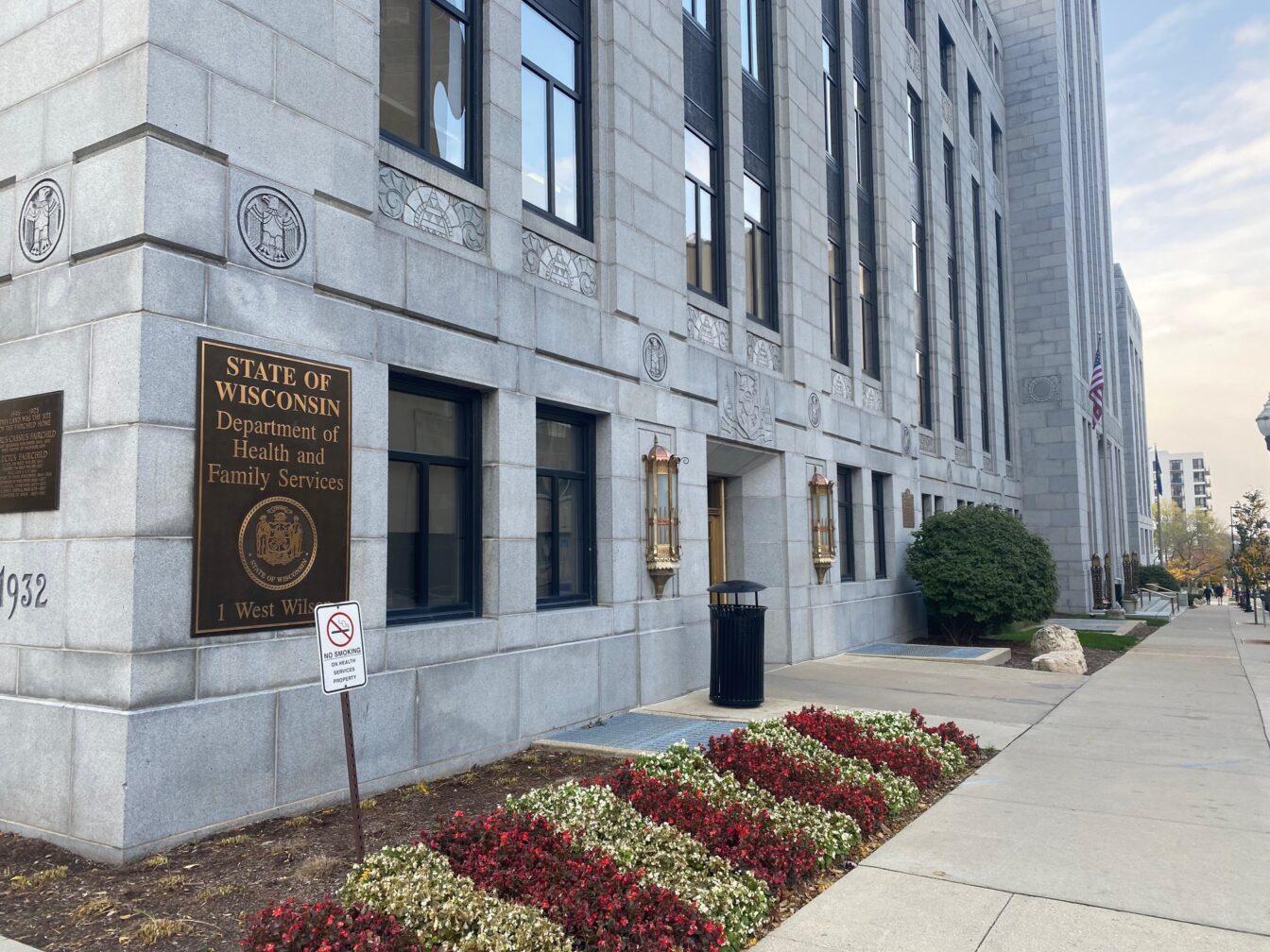In line with a series of new gun control laws introduced on the national scale and a number of mass shootings leaving the country on edge, the University of Wisconsin will bring on two new staff members specifically to aid in threat assessment efforts on campus, but the threat assessment team remains understaffed.
Kevin Helmkamp, associate dean of students and co-chair of UW’s Threat Assessment and Response Team, said a potential threat is reported to his team almost weekly. The team is responsible for processing any potential threats against the university or campus community and responding to them before they reach fruition.
With this volume of concerns being brought before the team, Helmkamp said the Dean of Students Office is in the process of hiring two new employees whose sole role in many respects will be to reach out to students in crisis and students of concern.
The new hires, Helmkamp said, will ensure ongoing contact between the at-risk students and the university. The staff additions will also make it easier for the team to see the students are doing what they need to, per the decision of the threat assessment committee.
Despite the addition of these positions, Helmkamp said TART is still understaffed.
“I think we have fewer assistant deans to deal with students in crisis and students of concern than we have basketball assistant coaches,” he said.
When evaluating a threat, Helmkamp said there are a variety of criteria, including whether the person in question has a specific plan and if that plan is doable. Additionally, when a violent or threatening Facebook rant is reported, the first step would be to ask the student what they actually meant.
“If we intervene and the behavior doesn’t stop or gets worse, well then we know we have a threat situation that’s very real, and we need to have a stronger threat response,” Helmkamp said. “The goal of threat assessment is to be proactive, to make sure they don’t hurt anybody.”
Although TART aims to protect students from potentially dangerous peers, the team also works to make sure the individuals deemed risky get the help they need. Helmkamp said the university wants to see these students improve and eventually graduate.
Despite the several gun-related incidents that have occurred elsewhere in the nation over the last few months, Helmkamp said both the threat assessment team and the university value an open campus and UW is no more of a target than anywhere else.
“We don’t want a campus ruled by fear, we don’t want a campus where everyone is going through checkpoints,” Helmkamp said.
Mental Health: A component of the violence
While the team largely makes initial decisions based on students’ actions, Helmkamp said mental health focus is also a component of the team’s evaluation. Mental health and caring for the mentally ill became a hot button issue following the slew of recent shootings, particularly after a gunman killed 20 elementary students in Newtown, Conn., in December.
In the Associated Students of Madison’s upcoming session, mental health wellness is prominent on Chair Andrew Bulovsky’s agenda. During the fall 2012 semester, ASM partnered with several different organizations to put on a Mental Health Fair. Bulovsky said he wants to put on the fair again this semester and eventually make a recurrence on the ASM calendar.
Bulovsky said he hopes to bring speakers to campus and to expand the focus to include physical health.
Bulovsky said many students are not aware of the free mental health services available to them, which are already being paid for by student segregated fees.
However, there is still a shortage of staff and resources to accommodate the students who are already taking advantage of these services. Recently, ASM provided funds for UHS to hire an additional mental health counselor.
“There’s always more that can be done in terms of services,” Bulovsky said.
The lack of mental health resources is a problem that extends to the rest of the state and is felt beyond the campus level. According to Darold Treffert, UW professor and former president of both the State Medical Society of Wisconsin and the Wisconsin Psychiatric Association, Wisconsin’s mental health system is excellent compared to other states. However, he believes treatment and care options are not adequately funded.
Treffert said in the 1970s, there was a movement toward treating patients closer to home, in smaller treatment centers, instead of state-funded hospitals. However, money that would normally go toward state institutions did not follow the patients when they relocated.
“We need the dollars to follow the patient,” Treffert said.
Treffert said public schools and universities often do well at identifying individuals with mental health issues, but it is difficult getting care for these individuals.
“The main problem isn’t awareness – the main problem is providing a smooth network of services for both voluntary and involuntary patients,” Treffert said.















